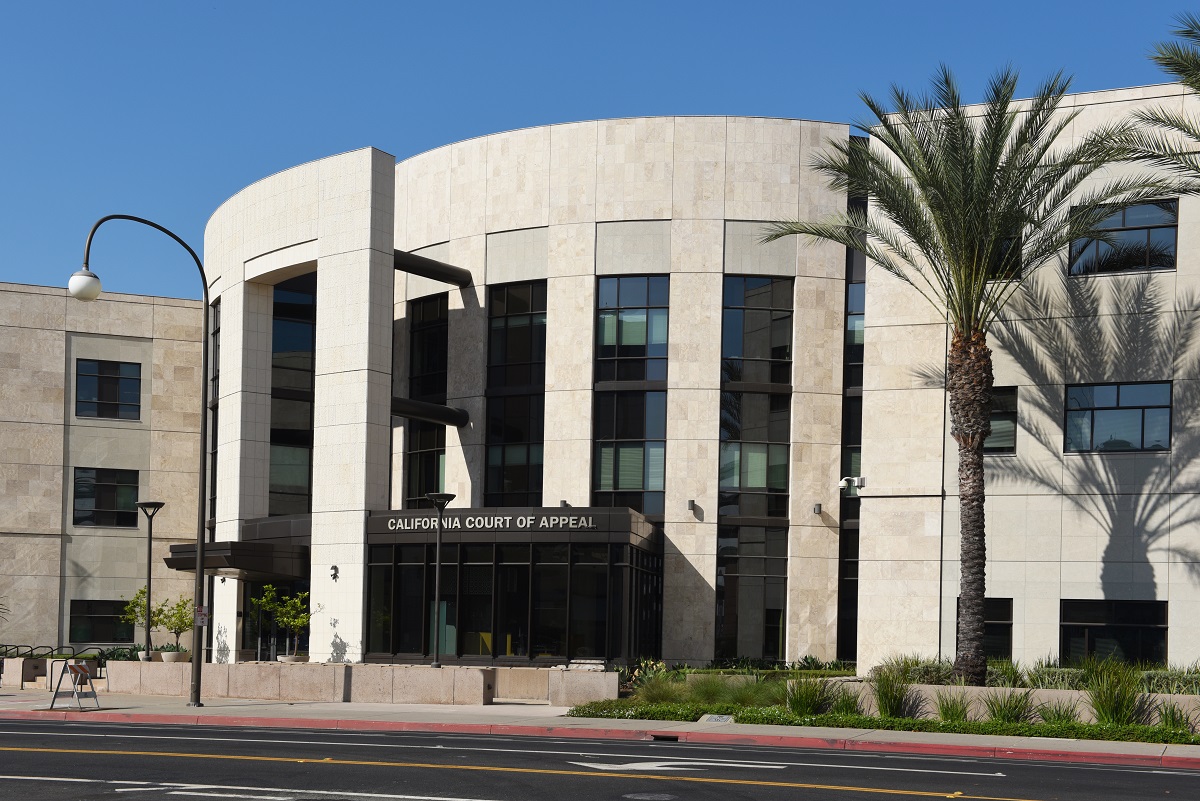In a case involving the federal Consumer Financial Protection Bureau and a group of asset securitization trusts, the U.S. Court of Appeals for the Third Circuit recently held that the defendant trusts were "covered persons" under the federal Consumer Financial Protection Act (CFPA), and rejected the defendant trusts’ arguments that the CFPB failed to ratify its action before the statute of limitations had run.
Posts published in “Debt Collection”
A new law in New York, which prohibits the furnishing of medical debt to a consumer reporting agency and could create compliance concerns for the debt collection industry, came into effect on Dec. 13. The text of the Fair Medical Debt Reporting Act (FMDRA) can be found here.
The U.S. Court of Appeals for the Eleventh Circuit recently held that a trial court's denial of a motion for class certification was an abuse of discretion because the trial court’s analysis of Rule 23(b)(3)’s predominance requirement was based on its erroneous interpretation of the second option in section 1681n(a)(1)(A) of the federal Fair Credit Reporting Act as requiring a showing of actual damages.
The Consumer Financial Protection Bureau on Nov. 16 released its annual report regarding its activities taken in 2023 to administer the Fair Debt Collection Practices Act, spotlighting, among other topics, the collection of medical debt.
7th Cir. Rules Dispute Sent Through Wrong Channel Gave Rise to Valid FDCPA ‘Bona Fide’ Error Defense

The U.S. Court of Appeals for the Seventh Circuit recently affirmed a trial court’s summary judgment ruling in favor of a debt collector asserting a bona fide error defense to an action under the federal Fair Debt Collection Practices Act.
The U.S. Court of Appeals for the Eighth Circuit recently affirmed the ruling of a trial court that followed the lodestar method and reduced an attorney fee award by 50 percent.
The Appellate Court of Illinois, Second District, recently affirmed the dismissal of a claim for supposed violations of the federal Fair Debt Collections Practices Act where the consumer plaintiff failed to allege facts that the money sought to be collected was a “debt” as defined by section 1692a(5) of the FDCPA, and the demand letter from the defendant law firm indicated that the debt was commercial in nature.
A recent decision from the New Jersey Appellate Division comes as welcome relief for purchasers of defaulted debt. The decision, Woo-Padva v. Midland Funding LLC, concerns the New Jersey Consumer Finance Licensing Act (CFLA), and whether a debt buyer who failed to have such a license could be liable under the state’s consumer protection law.
Continuing on its mission to curb abusive collection efforts related to medical debt which began to take life in 2022, the CFPB on Sept. 21 announced its initiation of a rulemaking process to remove medical bills from credit reports entirely.
The Court of Appeal of California (Fourth District) recently reversed a trial court’s dismissal of a putative class action alleging a solar energy system provider violated the Rosenthal Act, California’s parallel version of the federal Fair Debt Collection Practices Act.
The Court of Appeal for the State of California, Second District, recently reversed a trial court's dismissal of a debt buyer's complaint to collect on a home equity line of credit (HELOC) as barred by the statute of limitations.
The U.S. Court of Appeals for the Seventh Circuit recently affirmed the dismissal of a debtor’s federal Fair Debt Collection Practices Act lawsuit for lack of Article III standing. In so ruling, the Seventh Circuit held that the debtor’s hiring an attorney and paying an appearance fee, as well as alleged confusion, lost sleep, and emotional distress, were not sufficient to meet the requirements of standing.











